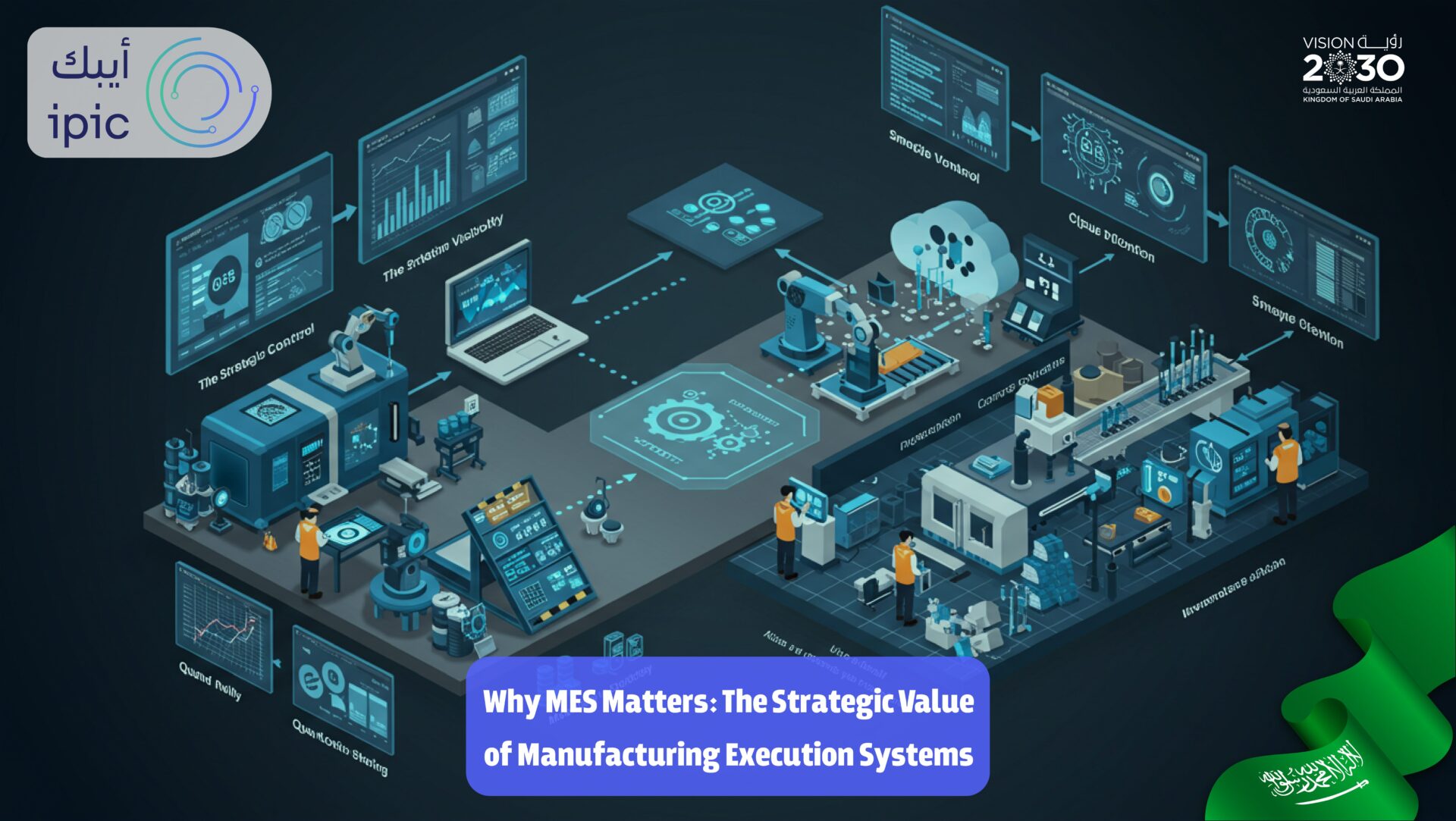Why MES Matters: The Strategic Value of Manufacturing Execution Systems
Introduction
In the fast-evolving world of manufacturing, where speed, precision, and adaptability are paramount, Manufacturing Execution Systems (MES) have become critical infrastructure. Far beyond simple production tracking, a modern MES bridges the gap between planning and execution—delivering real-time visibility, control, and optimization across the shop floor.
In the context of Industry 4.0, MES is no longer a support system—it’s a strategic enabler that connects data, machines, people, and decisions.
What Is MES?
MES is a digital platform that manages and monitors manufacturing operations in real time. It acts as the central nervous system of the production floor, connecting enterprise-level systems (like ERP) with physical operations (machines, sensors, and people).
Key MES functions include:
- Production scheduling and dispatching
- Work order management
- Quality tracking and defect management
- Downtime analysis and OEE (Overall Equipment Effectiveness)
- Material and inventory tracking
- Operator instructions and traceability
The Strategic Value of MES
Real-Time Visibility
MES provides live dashboards and data feeds, allowing managers to monitor production progress, bottlenecks, and deviations as they happen—enabling faster response and better control.
Data-Driven Decision Making
By collecting granular data across machines, shifts, and processes, MES supports intelligent decisions on capacity planning, process improvements, and quality control.
Enhanced Quality and Compliance
MES enforces process consistency, tracks non-conformities, and provides full traceability—essential for industries like pharmaceuticals, food, aerospace, and automotive.
Reduced Downtime and Waste
Through root-cause analysis and real-time alerts, MES helps identify and eliminate sources of inefficiency, reducing unplanned downtime and material losses.
Seamless ERP Integration
MES acts as the link between high-level business planning and on-the-ground execution, ensuring that ERP data becomes actionable at the operational level.
Foundation for Industry 4.0
MES serves as a gateway to smart factory initiatives, integrating with IoT, AI, and advanced automation to support predictive maintenance, digital twins, and autonomous production.
Industries That Rely Heavily on MES
- Pharmaceuticals: compliance, batch tracking, audit trails
- Food & Beverage: expiration control, recipe adherence
- Automotive: sequencing, line balancing
- Electronics: defect control, traceability
- Packaging & FMCG: speed, order fulfillment accuracy
Conclusion
A modern MES is not just software—it’s a strategic asset that transforms production from reactive to proactive, from isolated to connected, and from manual to intelligent.
For manufacturers looking to compete in the Industry 4.0 era, MES delivers measurable value in efficiency, quality, agility, and insight.
Because in smart manufacturing, execution is everything—and MES makes it possible.



